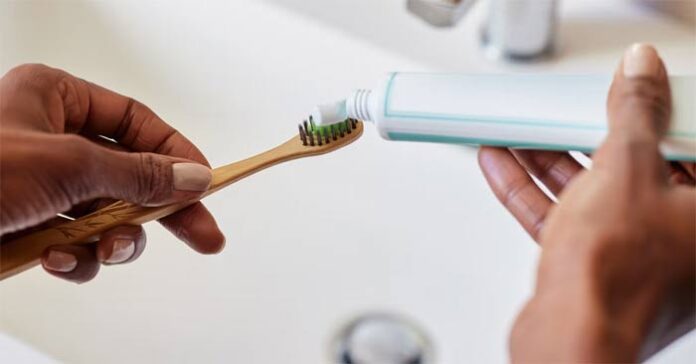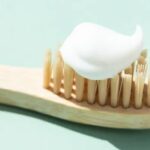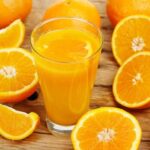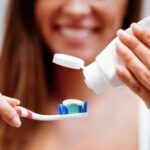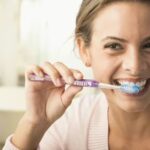Brushing your teeth in the morning not only freshens your breath, but it’s also an essential part of maintaining your oral and overall health. But do you know whether you should brush before or after breakfast?
As it turns out, an increasing number of studies show that oral health goes beyond just your teeth and gums. Good oral health is intimately linked to your overall physical health. Brushing, flossing, and regular dental check-ups protect not just your mouth but also your heart, lungs, brain, and many other parts of the body.
Before you pick up your toothbrush, consider the following tips to optimize your oral care routine and time your brushing accurately.
Should You Brush Your Teeth Before or After Breakfast?
Most dentists recommend that if you’re only brushing once in the morning, it’s best to do so right after you wake up — before eating anything.
Besides getting rid of morning breath, brushing is crucial for removing plaque and bacteria that have built up overnight. This is because while you sleep, your body produces less saliva than when you’re awake, leaving less liquid in your mouth to wash away bacteria.
Not brushing can lead to tooth decay and gum disease. And if you breathe through your mouth while sleeping — instead of nose-breathing — then morning brushing becomes even more critical, as mouth breathing dries out the oral tissues, reducing saliva flow and increasing plaque buildup.
Brushing before eating also coats your teeth with fluoride, hydroxyapatite, calcium phosphate, or other minerals that may be in your toothpaste. This protects your teeth from acid attacks when you eat breakfast, especially if you’re having something sweet or acidic.
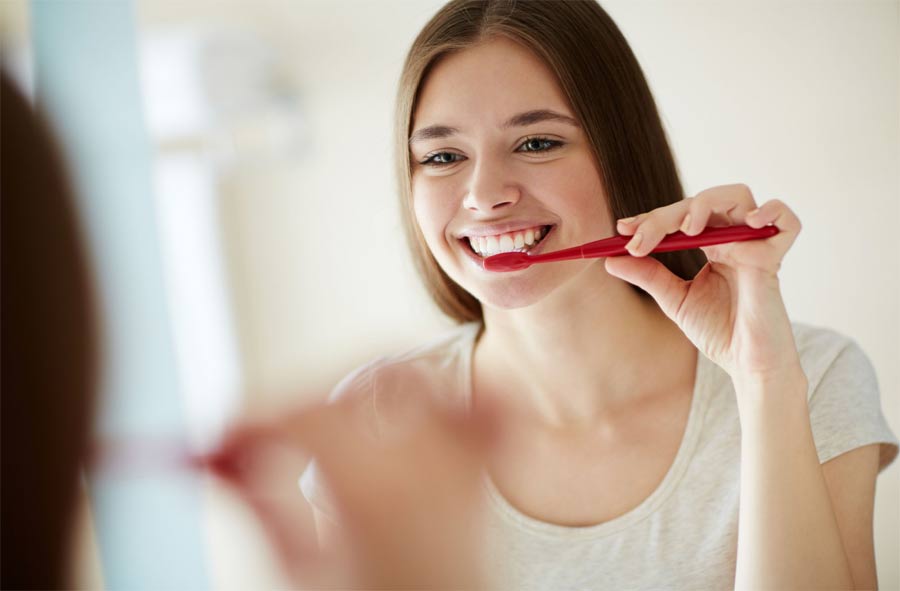
Should You Brush Again After Breakfast?
Maybe, but there are a few things to keep in mind. Dentists don’t recommend brushing again if you have receding gums, thin enamel, or sensitive teeth, as frequent brushing can exacerbate these conditions.
Research shows it’s best to wait 30 minutes after eating or drinking, especially if you’ve had coffee or acidic juice. Brushing too soon after exposure to acid can actually damage your enamel, causing temporary softening.
Finally, consider your brushing technique. The right technique is essential; brushing too hard can lead to gum recession, enamel erosion, and sensitivity. Use a soft-bristled brush with gentle pressure, and avoid abrasive toothpastes containing baking soda, charcoal, or whitening agents.
If you’re concerned about over-brushing and still want a clean, fresh mouth after breakfast or coffee, try rinsing with a natural or alcohol-free mouthwash instead.
Should You Brush Your Teeth After Lunch?
For most people, brushing twice a day, morning and night, is sufficient for maintaining good oral health. However, brushing after lunch can be a wise decision if you’re prone to cavities or gum disease; you ate something sticky, sugary, or acidic; you’re wearing braces, clear aligners, or other appliances that trap food; or you won’t be able to brush again for many hours.
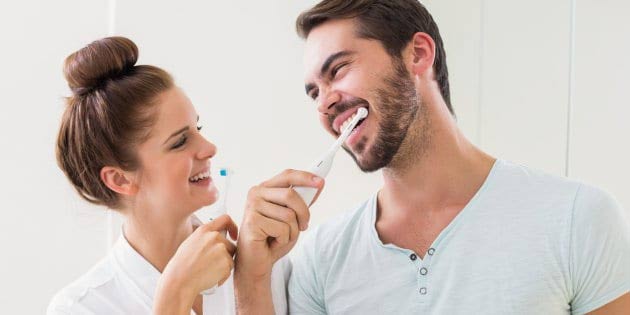
Tips for More Effective Brushing
- Floss before brushing. Research has found that those who floss first remove more plaque from between their teeth and have higher fluoride concentrations in the plaque.
- Don’t rush. Most people brush for 30 to 45 seconds, but a full 2 minutes are needed to clean all surfaces of each tooth. Try using a timer or a song to pace yourself.
- Pay attention to your brush angle. Always hold your brush at a 45-degree angle to the gum line — don’t lay it flat on your teeth. This helps clean the area where plaque starts to build up, right at the junction between the tooth and gum.
The Ultimate Guide to Perfect Brushing: Expert Tips for a Healthy Smile
“Brushing your teeth may seem like a straightforward task, but there’s a lot more to it than meets the eye. Many people are unaware that there exist numerous tooth-brushing techniques, each designed to optimize oral health in different ways. Getting to grips with these methods can help you revolutionize your dental care routine and ensure you’re getting the most out of your brushing.”
























